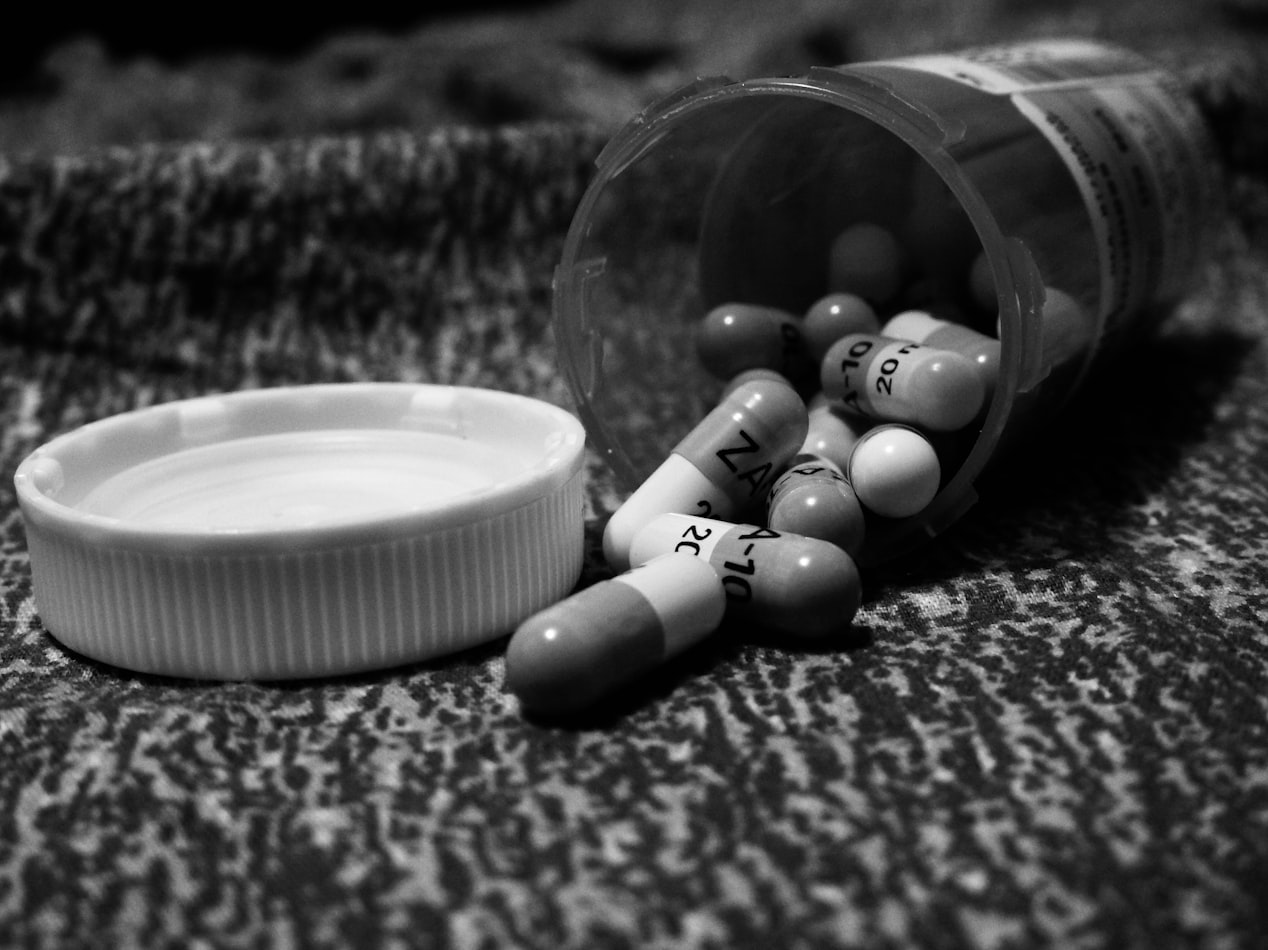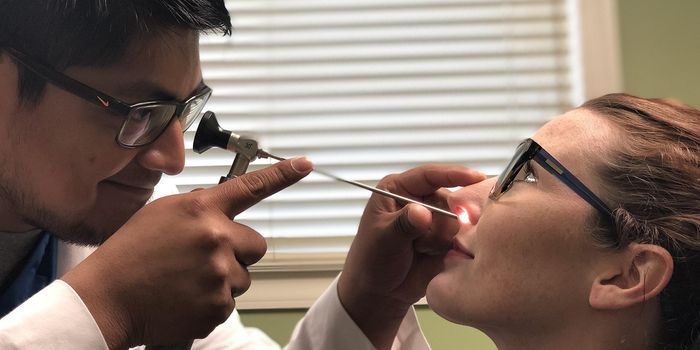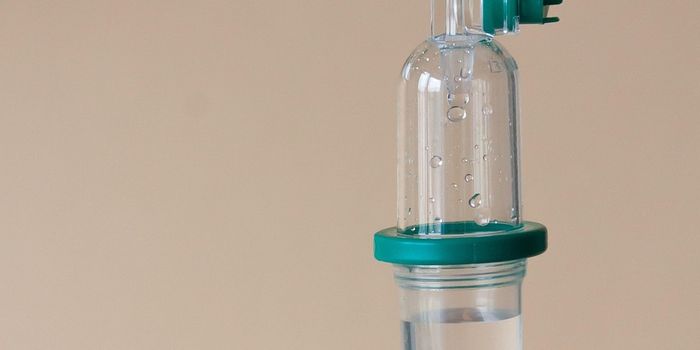Promising Drug Encourages Survival in Pancreatic Cancer
Building on almost 20 years of research, a phase 1 clinical trial drug for pancreatic cancer, named ‘AZD1775’, shows promising initial results in a new report by the University of Michigan Rogel Cancer Center. The study was focused on developing therapeutic treatments for pancreatic cancer patients that are on stages far too advanced for surgical interventions. The drug, AZD1775, was designed to work on inhibiting the effects of an enzyme known as ‘Wee1’ for it role in DNA damage repair in cancer cells.
Learn more on Pancreatic Cancer:
"If we can disable the DNA damage response in pancreatic cancer cells, it might eliminate treatment resistance and sensitize the cancer to the effects of both radiation and chemotherapy," says lead study author Kyle Cuneo, M.D., associate professor of radiation oncology at Michigan Medicine.
Current standard treatments drugs involve gemcitabine along with radiotherapy that damage the DNA of cancer cells. However, these treatments are overcome by the cancer as it has its one way of repairing the damage caused by treatments. The limit of effectiveness of these standard treatments has prompted researchers to develop AZD1775—which is unique in leaving normal cells unaffected while shielding the protection away from pancreatic cancer against the effects of radiotherapy and gemcitabine.
"If we're ever going to cure pancreatic cancer, we're going to need effective systemic treatment as well as local therapy. Our data suggests that AZD1775 can do both," says senior study author Ted Lawrence, M.D., Ph.D., Isadore Lampe Professor and chair of radiation oncology at Michigan Medicine.
"Adding AZD1775 to radiation and gemcitabine was relatively well tolerated with encouraging survival results. Further studies with this promising combination are needed," Cuneo says.
Source: Science Daily









